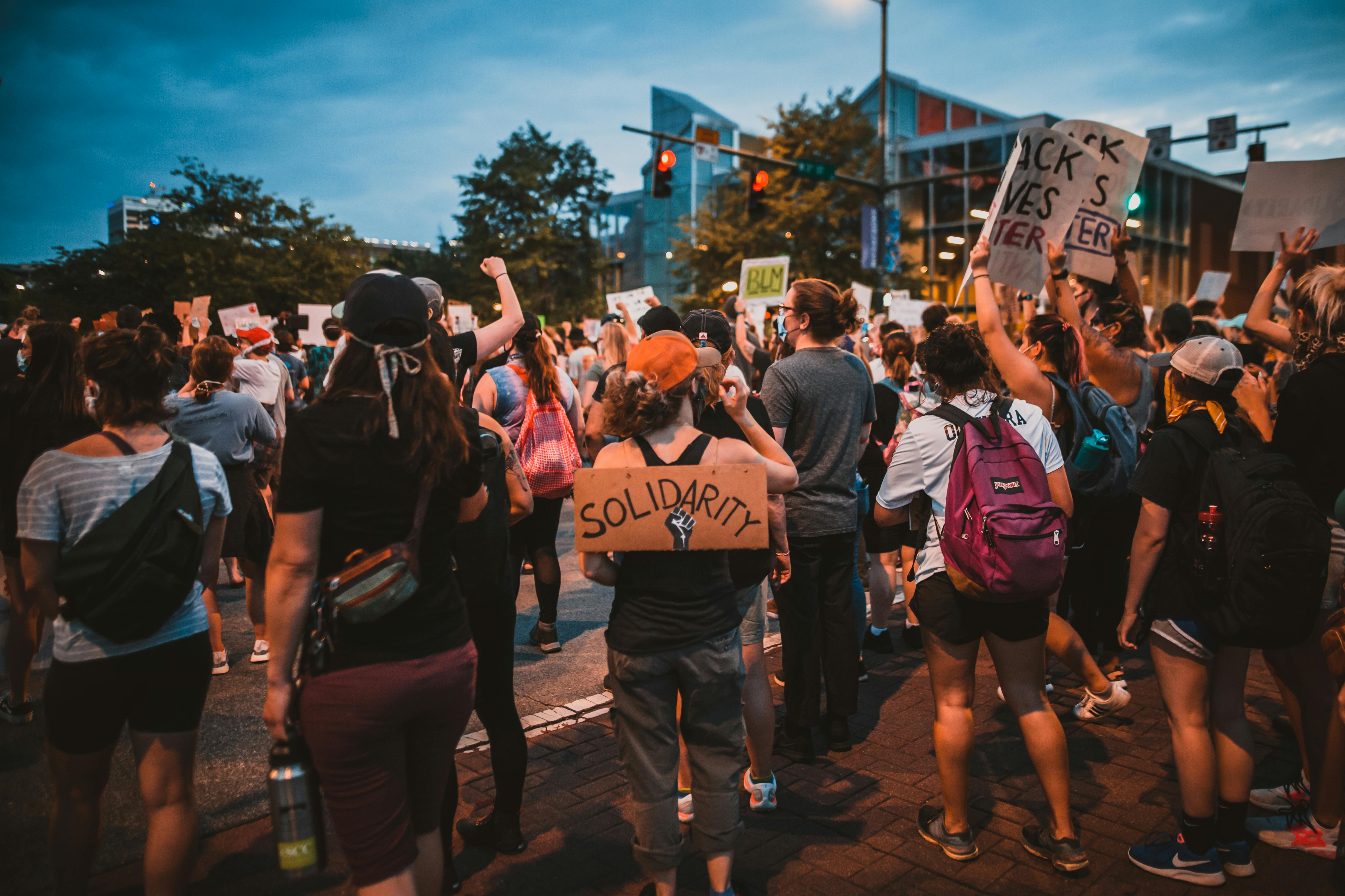How to correctly use a power of attorney

A power of attorney is a legal document that authorizes one person to act on behalf of another in the legal or business dealings of the person authorizing the other. This type of document is very relevant when, for example, someone needs to run a business or legal issue but cannot do so for whatever reason. In the person’s absence, another person may be authorized to execute the matter through the use of a power of attorney, which in common law systems or civil law systems, authorizes another person to act on the person’s behalf. that authorizes the other. The authorizing person is known as the “principal” and the authorized person is called the “agent.” The agent may, on behalf of the principal, perform lawful acts such as signing the principal’s name on documents.
An agent is a fiduciary of the principal, and since this is an important relationship between the principal and the agent, the law requires the agent to be a person of impeccable integrity who will always act honestly and in the best interest of the principal. In the event that there is a contract between the agent and the principal for remuneration or another form of monetary payment to the agent, said contract may be separated and written for that purpose. However, power of attorney can also be verbal, although many institutions, banks, hospitals, and the US Internal Revenue Service require the agent to file a written power of attorney before it is enforced.
The “Rule of Equal Dignity” is the principle of law that has the same requirements for the agent as for the principal. Let’s assume that the agent has a power of attorney authorizing him to sign the deed of sale of the principal’s house and that said deed must be notarized by law. The power of attorney does not exempt the agent from the need to legalize the deed of sale before a notary. His signature on the bill of sale must also be notarized.
There are two types of powers. One is the “special power of attorney” and the other is the “limited power of attorney.” The power of attorney can be specific for a special instance or it can be general and covers what the court specifies as its scope. The document will expire when the grantor (principal) dies. In the event that the principal is incapacitated by any physical or mental illness, his power of attorney will be revoked, in accordance with common law. There is an exception. In the event that the principal has expressly established in the document that the agent can continue to act on his behalf even if the principal becomes incapacitated, then the power of attorney would continue to enjoy legal sanction.
In some of the US states, there is a “spring power” that is activated only in the event the grantor (principal) becomes incapacitated or some future act or circumstance occurs. Unless the agreement has been made irrevocable, the agreement can be revoked by the principal informing the agent that the power of attorney is revoked.
Making use of standardized power of attorney forms helps frame a legally sound and mutually beneficial relationship for the principal and agent. With the ease of use and ready availability of such forms, it is highly recommended that they be used when considering giving someone power of attorney. However, care must be taken not to allow unscrupulous people to defraud innocent people like the elderly through ill-conceived deals.